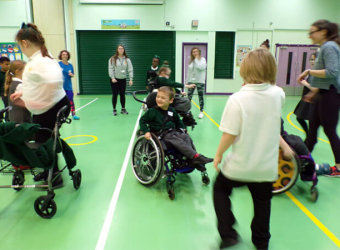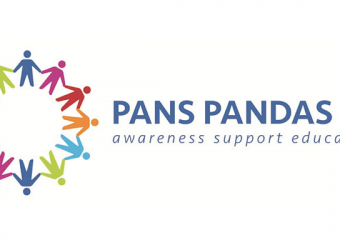What is PANS / PANDAS?
PANS stands for Paediatric Acute-onset Neuropsychiatric Syndrome, and PANDAS stands for Paediatric Autoimmune Neuropsychiatric Disorders Associated with Streptococcal Infections.
They are both autoimmune conditions that affect children and result in neuropsychiatric disorders.
What causes PANS / PANDAS?
PANS is triggered by a faulty immune response in a child to a common infection in which antibodies attack the brain leading to inflammation. This then causes the neuropsychiatric symptoms to appear.
PANDAS is a subgroup of PANS and is triggered specifically by a faulty immune response to streptococcal infections.
What are the symptoms of PANS / PANDAS?
The symptoms of PANS include the sudden onset of obsessive compulsive disorder or a severely restricted food intake. For a child to be diagnosed with PANS they must also have two or more of the following symptoms that cannot be explained by another condition:
- Anxiety
- Tics
- Constantly changing emotions and/or depression
- Irritability, aggression, and/or severely oppositional behaviours
- Developmental regression – the loss of previously acquired skills/milestones
- Sudden deterioration in academic performance.
- Motor or sensory abnormalities
- Insomnia and/or disturbed sleep
- Not being able to control urination and/or abnormal urinary frequency.
The symptoms of PANDAS usually occur between the age of 3 and puberty following a streptococcal infection. They include the sudden onset of obsessive compulsive disorder and/or tics. These symptoms can then increase and decrease. Flare ups of PANDAS are often experienced following illnesses or periods of stress.


















